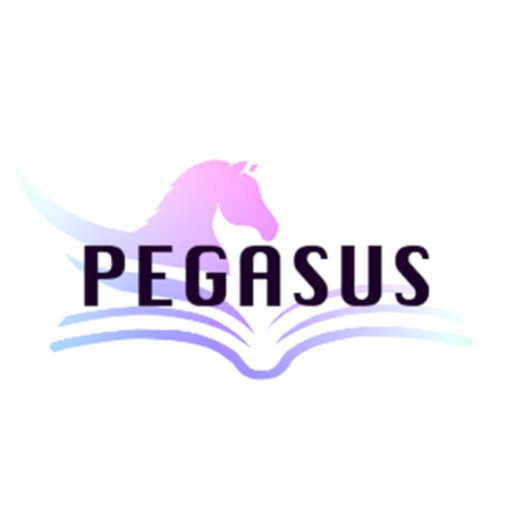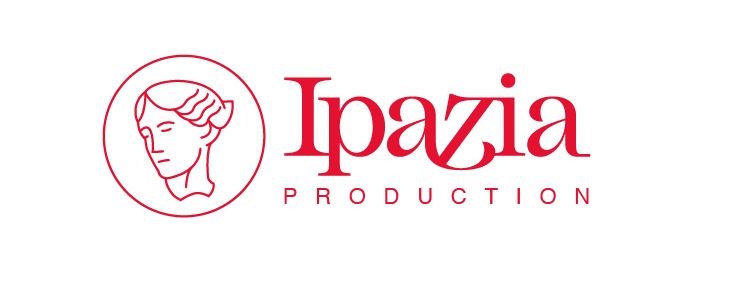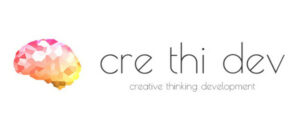The main and direct target group of the PEGASUS project is made up of young women, aged between 18 and 29, most of whom come from small settlements, with marked communication, social and work deficits. These deficits hinder them in acquiring useful skills which would help them to take part in the labor market and consequently to become economically independent. This group includes women with rheumatic diseases who, due to the course of the disease, have poor social and work performance.

Pegasus
Partnership for Employability of Girls: education for succeed in the creative industries
The PEGASUS (Partnership for Employability of Girls: education for Succeed in the creative indUstrieS) project was launched on 1 April 2022 and will run for 12 months. It is a new Erasmus+ project, co-founded by the European Commission, focused on empowering young NEET women to develop their technical and entrepreneurial skills in the creative industries, in order to support them in actively entering and being part of the labor market of any economic activity.

The Pegasus Project directly addresses the needs and priorities to fight unemployment and improve the social, soft and digital skills of young NEET girls
The second target group is growing SMEs from the creative industry, which are active in cultural and digital services or performing arts and need to adapt to the new economic development framework incorporating digital technologies and circular economy schemes.
Finally, a third target group of the project is VET providers, who will have the opportunity to freely use PEGASUS OER (Open Educational Resources) to adapt their training to market needs in the green and digital transitions and new economic cycles.
Goals
The main project goal is to strengthen the employability of young people, through targeted training and MOOCs, to improve their social, soft and digital skills and by adapting vocational education and training to the needs of the labor market.
Another important goal is to promote inclusion and diversity in all fields, which the project will support by targeting NEET women from disadvantaged rural areas and (partly) suffering from rheumatic diseases.
After the training of the trainers, during the pilot training phase, 3 online training sessions will take place, in the national language of each country. During this period, young women will be able to improve their soft skills through targeted training using resources and techniques from the performing arts and their digital skills through two streams focused on basic digital skills and digital media/graphic design, respectively.
Ipazia will bring added value through its expertise in soft skills training and teaching and learning tools for training young unemployed people

Her experience in one-on-one drama workshops for job seekers can help target groups in personal development, actively promote their employability and address their sense of social exclusion and participation in economic life and the labor market.
Furthermore, HATI – Health Activity and Technologies Institute (Bulgaria) will deal with the implementation of an educational policy in order to increase the skills, qualifications and integration of disadvantaged young patients and NEETS, especially sick and with disabilities, in order to to access the job market. Ipazia Production (Romania), as a beneficiary, is the coordinator of the project.








